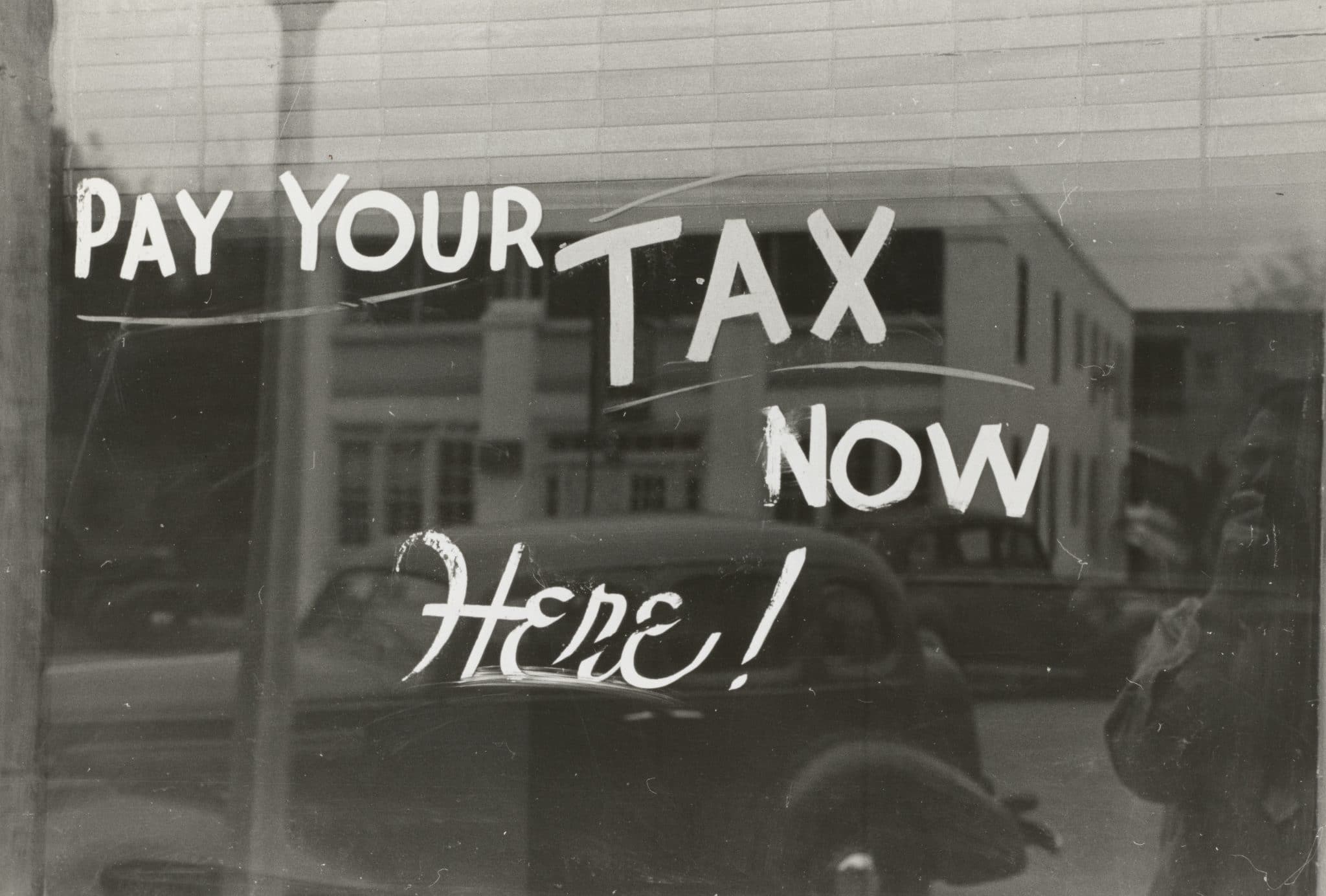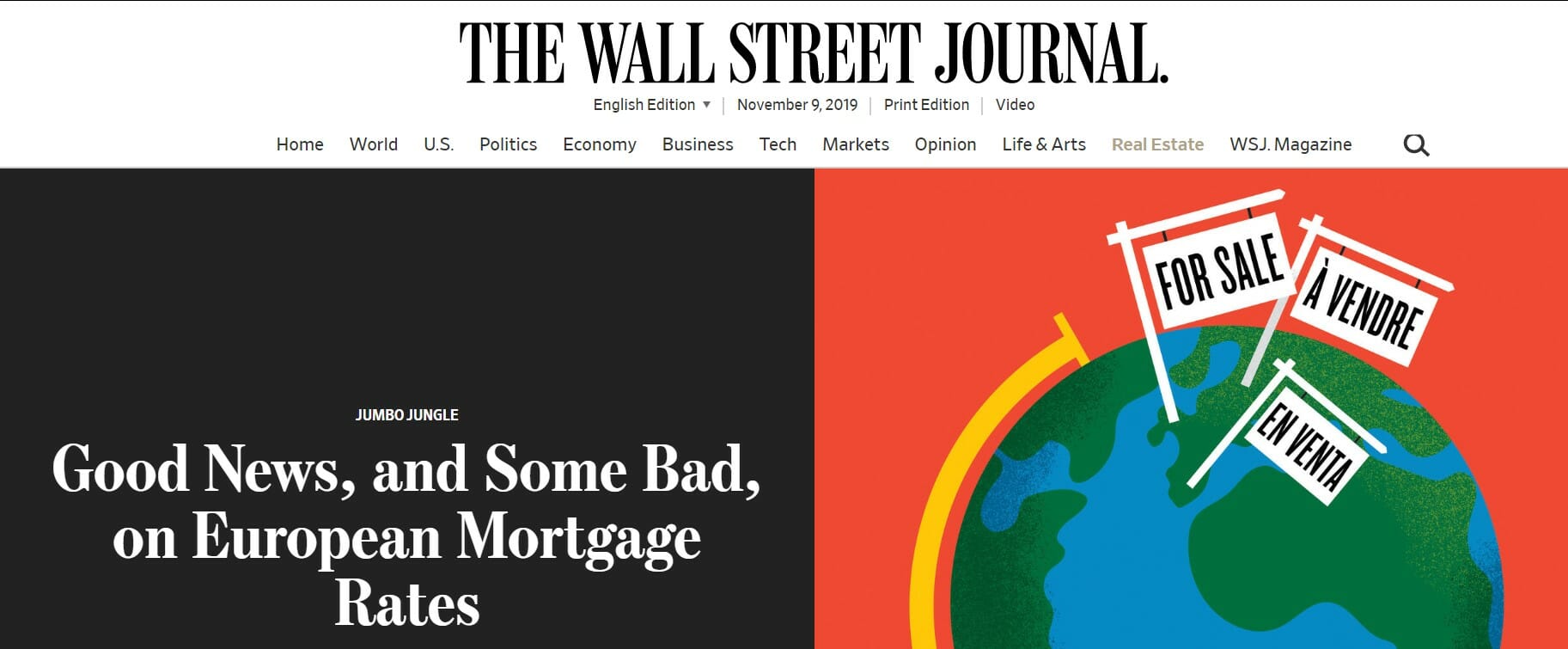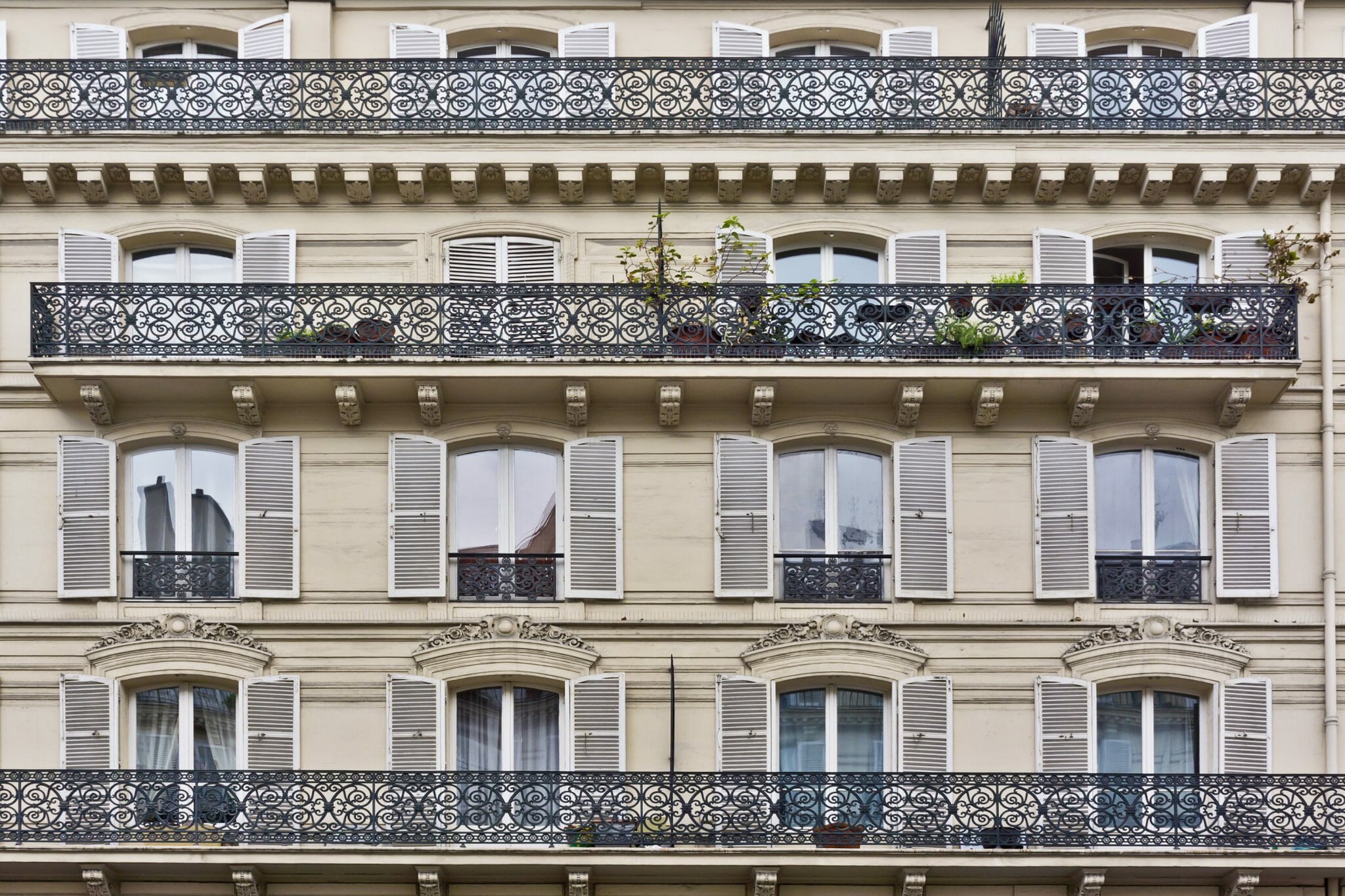Category: General
The French Chalet Dream: Securing a Winter Home in the French Alps

The French Alps, with their majestic peaks, enchanting snowscapes, and the allure of a winter wonderland, have captivated the imaginations of many. For those dreaming of owning a cozy chalet amidst the alpine serenity, the journey involves not just the pursuit of a picturesque abode but also navigating through the financial and procedural aspects of securing a winter home in this splendid region. This article explores the charm, process, and considerations of buying a winter home in the French Alps, with a spotlight on mortgage options and the investment potential it harbors.
The Charm of the French Alps
Nestled amidst the towering peaks and gentle valleys, the French Alps offer a retreat that is as tranquil as it is exhilarating. From the adrenaline-pumping adventures on the ski slopes to the serene moments by the fireplace in a cozy chalet, a winter home here promises a blend of excitement, relaxation, and a connection with nature’s pristine beauty.
Towns like Chamonix, Méribel, and Courchevel offer not just stunning landscapes but also a vibrant local culture, exquisite culinary experiences, and a range of activities that make the French Alps a beloved destination, not just for the winter but all year round.
Navigating the Property Landscape
The property market in the French Alps is diverse, offering options ranging from quaint chalets to luxurious alpine villas. While the charm of owning a winter home here is undeniable, it is imperative to navigate through the property landscape with considerations towards budget, location, and the type of property that aligns with your aspirations and lifestyle.
Understanding the local property market, assessing the infrastructure, accessibility, and potential for rental yields are pivotal in making an informed decision.
Mortgage Options and Financial Considerations
Securing a mortgage for your dream chalet involves a thorough exploration of the available financing options and understanding the eligibility criteria and obligations therein. French banks offer a range of mortgage options to international buyers, including:
- Fixed-Rate Mortgages: Offering stability with a constant interest rate throughout the term.
- Variable-Rate Mortgages: Where the interest rate may fluctuate based on market conditions.
- Interest-Only Mortgages: Where initially only the interest is paid, often utilized for rental investments.
Navigating through the mortgage application process involves providing comprehensive documentation regarding your financial stability, creditworthiness, and the viability of the property investment. Engaging with a mortgage advisor who is adept at navigating the French property financing landscape can provide valuable insights and streamline the process.
Investment Potential
A chalet in the French Alps is not just a winter retreat but also holds substantial investment potential. The region attracts tourists throughout the year, offering potential rental yields, especially during the ski season. Considering factors such as the property’s proximity to ski slopes, accessibility, and amenities can influence its rental appeal and, consequently, its investment potential.
Legal and Administrative Aspects
Ensuring legal compliance and understanding the administrative aspects of buying a property in France is crucial. Engaging a notaire (a French public official) to manage the legalities, ensuring clear property titles, and adhering to the tax obligations are pivotal steps in the property acquisition journey.
Conclusion
Securing a winter home in the French Alps is a journey that intertwines the dream of a serene alpine retreat with the practicalities of property acquisition and financial management. With meticulous planning, understanding the market, and navigating through the financial and legal landscape, the dream of owning a chalet amidst the enchanting peaks of the French Alps can be gracefully realized, offering not just a winter haven but a timeless abode that connects you to the splendid tranquility of nature.
Note: This article is intended for informational purposes and does not constitute legal, financial, or professional advice. Always consult with a professional when making decisions related to property, legal, and financial matters.
The Golden Years in Wine Country: Retiring in France as a UK Expat

The allure of France has perennially drawn individuals from across the globe, with its rich cultural tapestry, exquisite cuisine, and landscapes that range from the ruggedly charming to the serenely picturesque. For UK expats eyeing their golden years, retiring in the lush wine country of France presents a dream imbued with the aroma of fine vintages and the gentle hum of serene living.This article explores the appeal of retiring in France, delving into the facets of property, lifestyle, and navigating the mortgage landscape, particularly in the context of post-Brexit implications.
The Appeal of the French Countryside
France, with its sprawling vineyards, historic towns, and a lifestyle that gracefully intertwines leisure with a vibrant local culture, offers a retirement that is as enriching as it is tranquil. The wine regions, such as Bordeaux, Burgundy, and Provence, offer not just the promise of splendid vintages but also a lifestyle that is deeply rooted in the local terroir, offering a blend of leisurely pursuits, culinary adventures, and a community that shares a profound appreciation for the finer things in life.
Properties range from rustic farmhouses to elegant chateaux, each offering a unique charm and a connection to the lush, verdant landscapes that have become synonymous with the French countryside.
Lifestyle and Community
The lifestyle in France’s wine country is one that is deeply connected to the land and the community. Markets brimming with local produce, festivals that celebrate the harvest, and a daily life that is as relaxed as it is engaging, offer a retirement that is active without being hurried.
Communities in these regions often share a close-knit bond, with local events, tastings, and gatherings offering ample opportunities to forge connections and immerse oneself in the local culture and traditions.
Navigating Property and Mortgages Post-Brexit
The implications of Brexit have introduced new considerations for UK expats looking to retire in France. While the allure of the French countryside remains steadfast, it is imperative to navigate the property and mortgage landscape with an understanding of the new regulations and requirements.
UK expats are now subject to non-EU regulations when it comes to property purchases and mortgages in France. While French banks have traditionally been open to offering mortgages to non-residents, the process may involve stringent checks, a requirement for larger deposits, and potentially higher interest rates.
Understanding the nuances of the mortgage application process, including the documentation, eligibility criteria, and potential tax implications, becomes pivotal in ensuring a smooth transition to your retirement home in the French wine country.
Healthcare and Residency
Healthcare is another pivotal consideration for retirees. France offers an exemplary healthcare system, and while UK expats can access healthcare services, it is crucial to understand the changes post-Brexit and ensure all legal and administrative requirements are met to access healthcare services.
Residency is another aspect that has been impacted by Brexit. UK nationals now need to navigate through visa applications and ensure compliance with the residency regulations applicable to non-EU citizens. Understanding and adhering to these regulations is crucial to ensure a seamless and compliant transition into retirement in France.
Conclusion
Retiring in the wine country of France offers a picturesque and enriching experience, where the tranquility of the landscapes, the richness of the culture, and the warmth of the community offer a golden chapter that is as leisurely as it is vibrant.
Navigating through the property, mortgage, and administrative landscape, particularly in the context of post-Brexit implications, requires meticulous planning and adherence to the new set of regulations and requirements. With the right preparation and understanding, the dream of spending the golden years amidst the vineyards and historic charm of France’s wine country can be a reality that is as splendid as the finest vintages the region has to offer.
Note: This article is intended for informational purposes and does not constitute legal, financial, or professional advice. Always consult with a professional when making decisions related to property, legal, and financial matters
Exploring the Riviera: A Property Buyer’s Guide to France’s Luxurious South Coast

The French Riviera, or Côte d’Azur, has long been a beacon of opulence, attracting the affluent and the aspirational to its azure coasts and luxurious locales. With its enchanting blend of natural beauty, cultural richness, and a palpable sense of exclusivity, the Riviera presents a compelling proposition for property buyers looking to immerse themselves in a world where the charm of the Mediterranean meets upscale living. This article delves into the allure of the French Riviera, exploring property options, pricing, and the mortgage application process for expats.
The Allure of the Riviera
Nestled in the southeastern corner of France, the Riviera unfurls itself along the Mediterranean, offering a picturesque tapestry of turquoise waters, golden beaches, and lush landscapes. From the glamour of Cannes and Monaco to the artistic allure of Nice, the region boasts a myriad of experiences, each locale offering its unique flavor and appeal.
Properties here range from lavish seafront villas and historic estates to contemporary apartments that offer a slice of modern luxury amidst the timeless appeal of the coast. The Riviera is not merely a destination; it is a lifestyle, offering a blend of leisure, luxury, and a vibrant cultural scene that captivates residents and visitors alike.
Property Options and Pricing
The property landscape in the Riviera is as diverse as it is exquisite. Cannes, known for its famed film festival, offers a mix of luxury apartments and villas, with prices soaring particularly high along the coveted Boulevard de la Croisette. Nice, with its rich history and vibrant cultural scene, offers a range of options from chic apartments in the city to serene villas on the outskirts.
Monaco, synonymous with affluence, offers some of the most premium properties, with prices reflecting the exclusivity and prestige of the microstate. The property market here is competitive, with demand often outstripping supply, leading to a premium on property prices.
Navigating the Mortgage Application Process
For expats and international buyers, navigating the mortgage application process in France can be a meticulous endeavor. French banks are generally open to lending to non-residents, though the process may be stringent, requiring a thorough assessment of the applicant’s financial stability and creditworthiness.
Typically, French banks allow borrowers to allocate up to one-third of their gross monthly income towards loan repayments. The required documentation often includes proof of income, financial statements, and identification documents, among others. It is also crucial to account for additional costs such as notary fees, transfer taxes, and potential agent commissions.
Legal Considerations and Property Taxes
Understanding the legal framework is pivotal when purchasing property in the Riviera. Engaging a notaire (a French public official) is obligatory for property transactions, ensuring legal clarity and adherence to French property laws.
Property taxes, including taxe foncière (land tax) and taxe d’habitation (residence tax), are pivotal considerations in the overall cost assessment. Additionally, capital gains tax may apply to the sale of the property, contingent on various factors, including the duration of ownership and whether it is the primary residence.
Conclusion
Embarking on a property-buying journey in the French Riviera is an exploration of both the tangible and the experiential. Beyond the physical properties, it is an investment in a lifestyle that marries the tranquility of the Mediterranean with the vibrancy of cultural and social happenings.
While the allure of the Riviera is undeniable, it is imperative for prospective buyers to navigate the journey with meticulous attention to the financial, legal, and procedural aspects, ensuring that the venture is not only enchanting but also judiciously sound.
Note: This article is intended for informational purposes and does not constitute legal or financial advice. Always consult with a professional when making decisions related to property purchase and financing.
Navigating French and US Tax Laws: A Dual-Citizen’s Guide to Property Financing

Embarking on the journey of property financing can be an exhilarating venture, especially when it spans across borders, intertwining with the tax laws of two nations. For dual citizens of the United States and France, this journey involves navigating through the intricate web of tax obligations, ensuring compliance with the legal frameworks of both countries. This article seeks to explore the complexities and provide a guide to managing tax obligations in the US and France when financing property as a dual citizen.
French Lifetime mortgage : an innovative financing solution for borrowers over 65

In France, lifetime mortgages are known as Prêts Viagers Hypothécaires. A French lifetime mortgage is a long-term loan secured on a French property. Unlike a regular mortgage loan, you don’t make any monthly repayments as the interest builds up on your loan each year. A Lifetime mortgage does not need to be repaid before you pass away or before you decide to sell your property. A lifetime mortgage is a way of taking out cash from the value of your home, without having to move.
Who qualifies for a lifetime mortgage?
To be eligible to release equity with a lifetime mortgage, you must:
- Be over the age of 65 and under the age of 85
- Own a residential property in France worth at least €200,000
- Want to release at least €70,000
- Be a full time resident in France
- Evidence a minimum level of income
Some typical reasons for releasing equity with a lifetime mortgage might be to:
- Adapt your home, so you can continue to live independently
- Renovate or refurnish parts of your home
- Pay one-off private medical bills, or receive ongoing care at home
- Help children and grandchildren with house deposits, weddings or other major events
- Pay off an outstanding mortgage, including the shortfall on an interest-only mortgage
- Fund leisure interests, a new car, a holiday, or visiting relatives abroad
How much can I borrow ?
The maximum loan amount depends on the property value and on the age of the borrowers. Typically, it is possible to borrow between 40% and 50% of the appraised value of your property.
When is the loan repaid ?
A Prêt Viager Hypothécaire would end:
- If ALL borrowers were to pass away
- If the mortgaged property was to be sold
- If the borrower decided to repay the loan early
What happens with my lifetime mortgage when I pass away?
A lifetime mortgage is designed to be paid in full when you (or you and your partner, if held jointly), pass away.
The people who deal with your estate will be given a reasonable length of time to repay the loan, which is currently 12 months.
If the value of both the loan and the interest is in excess of the value of the house, then the debt repayment is restricted to the value of the house and to no more.
Feel free to get in touch for further information.
In the press : The New York Times

Great write up on House Hunting in France by Marcelle Sussman Fischler in the International Real Estate section of the The New York Times
Glad that we were able to bring our small contribution.
Sale of a French property by a Non-Resident : Who needs to appoint a Fiscal Representative ?

Specific rules and regulations defining the requirement to appoint a Fiscal Representative when selling a French property are governed by CGI, article 244 bis A
In summary, the sale by a non-resident individual of a real estate property located in France requires the appointment of a tax representative, except under the scenarios for dispensation set out below.
Three scenarios allow for automatic dispensation from appointing a tax representative:
• When the seller lives, is based or is incorporated in an EU Member State or in another country party to the Agreement on the European Economic Area (EEA) which has signed a mutual administrative assistance agreement with France (Iceland and Norway)
• For sales of €150,000 or less. This upper limit is assessed for each seller.
• For sales allowing for capital gains exemption both in terms of income tax and social levies owing to the duration of ownership of the property (22 years for income tax and 30 years for social levies)
With effect from 1st January 2021 and due to BREXIT, owners of French properties residing in the UK will no longer be exempt. As such, all UK residents are now required to appoint a Fiscal Representative when selling a French property. The requirement to appoint a Fiscal Representative applies regardless of whether Capital Gains have occurred.
Who can act as a Fiscal Representative ?
The following entities and individuals are authorised to act as tax representatives:
• A company or organisation already permanently accredited by the tax authorities
• Banks and credit institutions carrying on their business activity in France
• The buyer of the property if he is resident of France for tax purposes
• Or any other person who is resident of France for tax purposes, except notaries and lawyers. In the latter category, the representative must be accredited by the tax authorities.
Who and when to appoint a Fiscal Representative ?
Accredited private companies authorised to act as Fiscal representatives are frequently appointed by the French notary at the time the sale takes place. It is not uncommon for the seller not to be consulted as French notaries often request the assistance of a Fiscal Representative company they are used to working with, without any necessarily operating a tender process.
What is the role of a Fiscal Representative ?
In essence, the role of a fiscal representative is to calculate the gain or the loss in value related to the sale of the property. The Tax agent is in charge of all the fiscal procedures including establishing and signing the forms required by the French tax administration.
A fiscal representative effectively guarantees the accuracy of the Capital Gains calculation and acts as a guarantor should the calculation be incorrect and if penalties are applied.
Because of Fiscal representatives are liable for any incorrect tax assessment, private companies tend to have a conservative approach when calculating Capital Gains Tax. This typically comes in the form of expenses or renovation costs not being recognised as items deductible in the CGT calculation.
What is the cost of a Fiscal Representative ?
Private companies accredited by the tax authorities will charge a fee ranging between 0.3% and 1% of the selling price of the property.
Individuals authorised by the French tax administration to act as Tax Representatives for a specific transaction can proceed free of charge.
Our advice is quite simply that sellers should consider the appointment of a Fiscal Representative and the calculation of Capital Gains Tax very carefully. As much as 1% of the sale price as well as actual Capital Gain Tax liabilities are at stake.
It is our recommendation that the following steps should be followed :
-
- Determine whether any tax exemptions apply to you
- Assess deductible expenses, reliefs and default fees to calculate your Capital Gains tax liability
- Search the market and compare options before appointing a Fiscal Representative
Please get in touch if you require further information or require assistance with this process.
Sourcing the right Term Life Insurance contract for your French mortgage

The majority of French lenders require that a Life and permanent disability insurance contract is arranged alongside a mortgage. This is a standard risk requirement and the policy must be underwritten by a French provider.
As an authorised mortgage and insurance broker, Bluesky Finance work with a large panel of insurance companies. We can source and arrange insurance policies which meet both the lenders’ requirements and your requirements.
We can arrange Term Life insurance policies :
– For individuals residing outside Europe, including the USA, South America, Africa or the Middle-East
– For borrowers aged 70 and above
– With a simple Health Questionnaire for amounts up to €1,250,000 for borrowers aged up to 45
– With a simple Health Questionnaire for amounts up to €800,000 for borrowers aged up to 55
– For policies requiring medical underwriting, all tests can be undertaken in your country of residence
Bluesky Finance featured in The Wall Street Journal

Find out what the WSJ had to say about Bluesky Finance THE WALL STREET JOURNAL
Everything you need to know about changes to French Wealth Tax

New rules governing French wealth tax came into effect on 1st January 2018. In this post, we explain what the changes to the law mean if you own a French property or if you are planning to acquire one.
Prior to the changes, French wealth tax (ISF) was assessed on all assets owned by the taxpayer when net taxable assets exceeded a threshold of €1,300,000. The basis for the wealth tax included worldwide assets for taxpayers domiciled in France and real estate assets located in France for non-resident taxpayers.
With effect from 1st January 2018, a new real estate wealth tax scheme (“Impôt sur la Fortune Immobilière” – IFI), is assessed only on the real estate owned by the taxpayer to the extent that the value of the taxpayer’s real estate net assets exceeds a threshold of €1.3 million.
All other assets (especially financial assets) are no longer subject to wealth tax. The five year exemption for property held outside of France for new French residents continues. As with individuals domiciled outside of France, those who have not been domiciled in France during the five years preceding their arrival on the French territory will only be taxed on their French real estate assets, until 31 December of the fifth year following the year of their arrival in France.
The new IFI scheme is governed by the same taxation scale as the former ISF scheme and similar rules as for the French wealth tax apply. More specifically:
- Real estate used in a trade or business are excluded.
- A 30% discount on the value of the taxpayer’s primary residence continues
- Mortgage debts related to taxable real estate assets can continue to reduce the wealth tax base
Mortgage loans as a lever to reduce French Wealth tax
With regards the deduction of mortgage loans in the wealth tax base, new rules specify that interest-only loans will be governed by similar rules as amortising loans. This rule also applies to existing interest-only loans.
For example, a 10 year €100,000 interest-only loan arranged on 1st Jan 2016 will be assessed as follows : for the purpose of reducing the 2018 wealth tax base : €100K – (€100K x 2) / 10 = €80K
French real estate assets with a gross value exceeding €5 million will also be subject to a deduction cap. In practice, when the mortgage outstanding balance exceeds 60% of the property value, the maximum amount of mortgage debt that can be used to reduce the wealth tax base is capped at 50% of the “excess” over and above the 60% cap.
For example, assuming a property worth €6 million with a €4 million mortgage :
60% cap : €6m x 60% = €3.6 m. Excess over the cap : €4m – €3.6m = 400K€. 50% of the excess : 200K€. total deduction from the wealth tax base: €3.8m
As a reminder, assuming the €1.3 million threshold is met, tax bands applicable to net taxable real estate assets are :
Real estate value under €800,000 – 0% tax rate
Real estate value €800,001 to €1,300,000 – 0.5% tax rate
Real estate value €1,300,001 to €2,570,000 – 0.7% tax rate
Real estate value €2,570,001 to €5,000,000 – 1% tax rate
Real estate value €5,000,001 to €10,000,000 – 1.25% tax rate
Real estate value €10,000,000 upwards – 1.5% tax rate
Annual wealth tax bill applicable to unencumbered French real estate assets would be as follows :
| Net taxable assets | Annual tax due |
| 1 300 000 € | 2 500 € |
| 2 000 000 € | 7 400 € |
| 3 000 000 € | 15 690 € |
| 4 000 000 € | 25 690 € |
| 5 000 000 € | 35 690 € |
